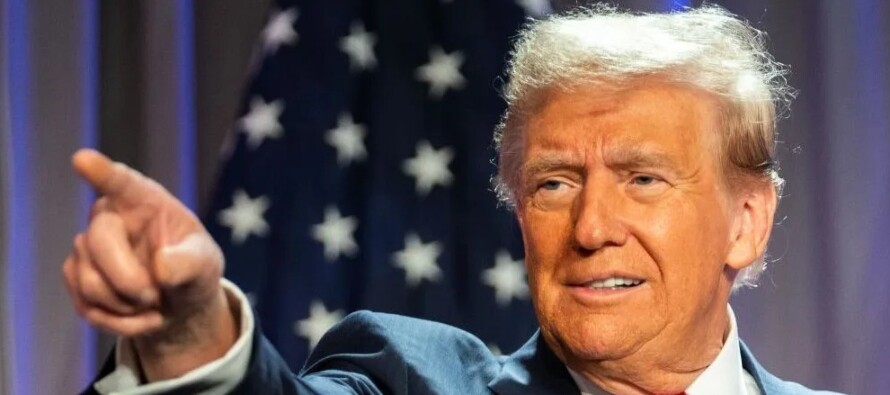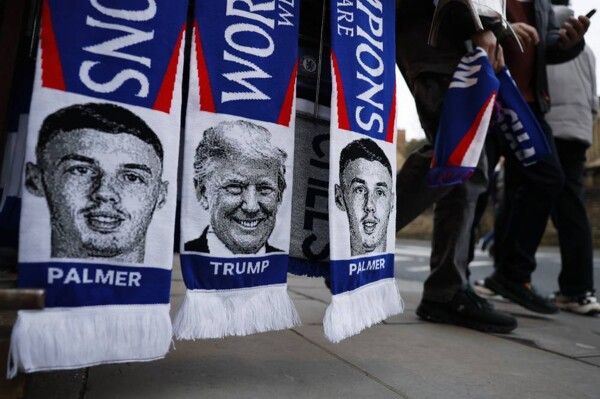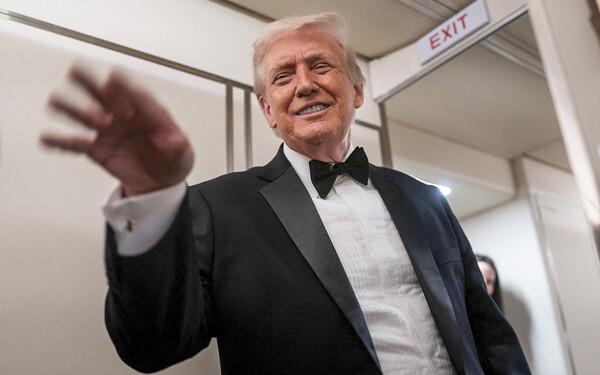
In the midterm elections in the United States, the party in power often loses seats. Both Trump in his first term and Joe Biden enjoyed "trifectas" in the first two years in the White House. However, having that control does not guarantee that a president will achieve his goals.
During 2017-2019, Trump managed to pass a landmark tax law that reduced taxes, but faced difficulties advancing in other areas due to resistance from some members of his own party. His attempt to repeal the Affordable Care Act failed, as did an infrastructure bill.
In his first two years, Biden passed several important laws when the Democrats had a majority in Congress. However, he had to scale back his plans after internal opposition in his party. The need to reach agreements with the opposition is a common obstacle due to the Senate rule requiring a supermajority of 60 votes.
Despite a solid majority in the Senate, Trump will still face challenges in passing legislation if he does not manage to secure support from both sides of the aisle. The election of John Thune as Senate majority leader suggests that some Republicans may be reaffirming their independence.
A "governing trifecta" offers the possibility of carrying out major legislative initiatives if managed wisely. This control could make it easier for Trump to fulfill his promises of mass deportation, impose tariffs, and roll back environmental regulations.
Trump's influence is bolstered by the conservative majority he has managed to establish in the Supreme Court and federal appellate courts during his first term. Additionally, the Republican majority in the Senate will facilitate the approval of his nominees to government positions.
Despite the temporary advantages, history shows that these situations are fleeting. The incoming administration will seek to implement its agenda once again. The next two years promise to be intense and possibly tumultuous on the U.S. political scene.














